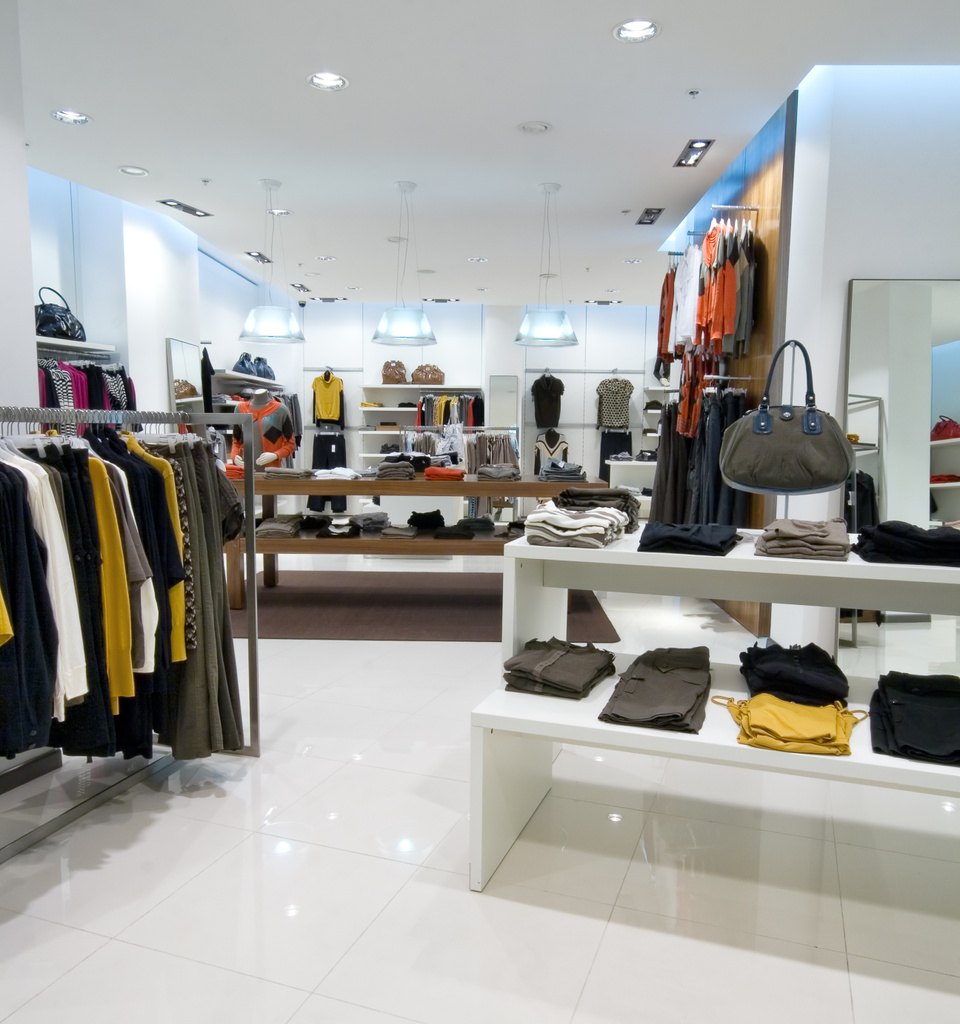Key Takeaways
| Key Point | Description |
|---|---|
|
Uses for Retail Business Loans
|
Business loans can be used to cover costs associated with starting and operating a retail store. These expenses include startup costs, working capital, emergency costs, business opportunities, upgrades and expansion, and e-commerce development. Loans can also help your store keep up with regulations.
|
|
Understanding Business Loan Features
|
Loan features guide borrowers in choosing terms aligned with their specific needs and circumstances. The loan amount is the total the borrower is allowed to borrow. The interest rate is what lenders charge as the cost of borrowing. The term is the period wherein you'll pay the loan, and it influences how much you'll pay and how often. Additionally, some loans may require security in the form of significant assets like real estate.
|
|
Business Loans Available to Retailers
|
Retail store owners can apply for different business loans, such as secured and unsecured loans, business lines of credit, equipment finance, and fitout finance. Retailers can apply at banks and non-bank lenders, but their requirements, terms, rates, and fees can be different.
|
|
How to Apply for a Retail Business Loan
|
First, assess your business needs so you can determine what kind of loan and lender you will need. Next, check your credit score since creditworthiness is an important part of approval criteria for lenders. Then, compare lenders to see which one offers terms most suitable for your business. Finally, prepare your requirements and submit them to the lender.
|
The retail industry is one of the main contributors to Australia’s economy. Approximately 155,000 retail businesses are operating in the country, employing about 9.8% of the workforce. When businesses succeed, the economy flourishes.
Owning and operating a retail store requires a lot of capital. Business loans are financial solutions that can help cover the different costs you’ll encounter as a retail store owner, especially during difficult periods.
Uses for Retail Business Loans
-
Startup Costs: The initial cost of starting a retail business is quite large since it involves the lease or purchase of a retail space, hiring, inventory and equipment purchasing, outfitting, and marketing. You will also need to pay for initial permits and licenses. A term loan can help aspiring business owners take on these costs.
-
Working Capital: Once your business is up and running, you will need funds for operational expenses, like bills, payroll, debt payments, inventory restocking, and more. Some business owners encounter cash flow gaps, like late payments or seasonal fluctuations. Loans can help bridge those gaps so the business can stay afloat.
-
Marketing and Advertisement: Retailers often face stiff competition, so marketing and advertisement efforts are important to attracting new customers. Loans can cover the expense of hiring marketers, running online and offline ad campaigns, and facilitating promos.
- Unexpected Expenses: When running a business, anything can happen. Things like accidents, equipment breakdowns, and environmental disasters— These are common things that can disrupt business operations and rack up a large bill. Loans can be used both to cover and prepare for unexpected costs.
-
Compliance to Regulations: Businesses must always comply with national and state regulations to continue running smoothly. Business owners can apply for loans to cover the costs of compliance, such as further training for staff, structural and equipment upgrades, earning certifications, and more.
-
Business Opportunities: Business owners can encounter time-sensitive opportunities that can help them grow their businesses. Some examples are sudden bulk discounts from suppliers, consumer trends you can jump on, and advertisement opportunities. However, funds are not always available at the drop of a hat, so applying for loans can help you grab these chances at the right time.
-
Expansion and Upgrades: Once your business is stable, you might want to expand and upgrade it. You may want to purchase new equipment, renovate, or transfer to a bigger location. You can also expand your products and services and dabble into other markets. Loans can help you make these plans a reality.
- E-commerce Development: With the growth of e-commerce, many businesses seek to have a “click-and-mortar” system, which means they have both physical and online store presences that operate seamlessly. A business loan can help pay for e-commerce development costs, such as hiring staff for the online store and paying for online platform fees.
Understanding Business Loan Features
Loan features refer to the specific characteristics and terms associated with a loan. When applying, you should look at different lenders and how their loan features differ. Some lenders may offer more favourable terms for your situation. Here’s what you need to look out for:
| Features: | |
|---|---|
|
Loan Amount
|
This is the total amount that the borrower is authorized to borrow. The loan amount may come as a lump sum or a credit limit. The loan amount is determined through factors like your creditworthiness, income, and more. Maximum loan amounts will also differ depending on the lender.
|
|
Interest Rate
|
The interest rate is what a lender charges as the cost of borrowing money. The interest rate is expressed as a percentage of the principal. Interest rates can be fixed or variable. A fixed interest rate remains constant throughout the loan term, while a variable rate may change based on market conditions.
|
|
Loan Term
|
The loan term is the length of time the borrower is expected to repay the loan. It can range from a few months to several years. The loan term and schedule determine how much you need to pay and how often.
|
|
Security
|
Some loans may require the borrower to provide property security, which is usually any kind of significant asset like real estate or a vehicle. that the lender can seize if the borrower fails to repay the loan. Security is the lender’s way of mitigating risk.
|
Loans for Retail Businesses

Secured and Unsecured Loans
Businesses have access to both secured and unsecured loans. While secured loans typically require some form of significant asset as security, unsecured loans do not. Instead, lenders may require guarantees from the business and the owner.
You can obtain secured and unsecured loans from both banks and non-bank lenders. Banks will usually have higher criteria for eligibility and may ask for full documents, a high credit score, and a good debt-to-income ratio. Banks will carefully examine your application, so it may take a few weeks to get approved. Applications for secured loans can also take longer since verifying ownership of assets takes time. The advantage of applying for bank loans is that you’ll get the lowest interest rates and the longest loan terms.
Meanwhile, non-bank lenders have more relaxed criteria. Non-bank lenders will typically accept applications with low or no documents, a low credit score, and outstanding tax debt. As a way to protect themselves, non-bank lenders will have higher interest rates, and the loan terms may be shorter.

Business Line of Credit
A business line of credit is a financial solution to support daily operational expenses. For business owners, a line of credit is a safety net that can allow them to continue operating even through periods of reduced cash flow.
A business line of credit works like a credit card. Lenders will provide a set credit limit, and the borrower can draw any amount within that amount. Once the borrowed amount is repaid, the limit will be restored, ready to be drawn from again. Interest will only be charged on whatever amount is borrowed.
This type of loan is great for working capital needs and other business expenses. It can also be useful for emergency purposes, so businesses are encouraged to set a small amount of the limit aside for any unexpected costs.

Equipment Finance
Equipment finance is a specialised loan designed for the purchase of business equipment and other assets. You can use this loan for many kinds of beneficial assets, like point-of-sale systems, commercial refrigerators, delivery vehicles, security systems, and more. The main benefit of equipment finance is you’ll get your equipment upfront and recognise the efficiencies or appeal to your business without having to pay for it in full first.
The process for equipment finance is simple. The equipment you purchased is considered security, so approval can be quite fast. As for non-bank lenders, many prefer applicants with a clear credit history while others will accept your application despite bad credit, tax debt, or a lack of financial documents.

Fitout Finance
Fitout finance is a specific loan for any interior improvements to a commercial space. This loan can cover a variety of improvements, like wiring, plumbing, flooring, ceilings, ventilation, partitions, furniture, and interior design. Now that people are frequenting physical stores again, businesses can benefit from an improved design and store ambience. Improvements can also help businesses stay up to safety codes.
How to Apply for Finance for Retail Business
- Assess your needs: What do you need funding for? Do you need working capital, or are you looking to buy equipment? Determining your business needs is the first step to finding the right loan and lender for you.
- Check your credit: Creditworthiness is one of the main criteria lenders will look at when approving loans. Your credit score and history will determine what loans you’re eligible for and which lenders will approve them.
- Compare lenders: Compare both bank and non-bank lenders and see which ones can give you the most favourable terms and interest rates.
- Gather requirements: Based on the loan type, your financial status, and your chosen lender, gather all needed documents and requirements needed for your loan.
- Submit your application: Finally, submit your application. Many non-bank lenders will approve loans faster, so keep this in mind if you’re in a rush to get funding.

Consult Loan Experts to Find the Right Retail Loans
There are many reasons why a retailer may need loans. Whether you need one for daily operations, renovation, or expansion, you can trust loan experts to direct you to the right lenders. We at Darkhorsefinancial.com.au understand your needs as retail store owners, and we’ll direct you to the best rates and terms that will fit your needs. Contact us today.









